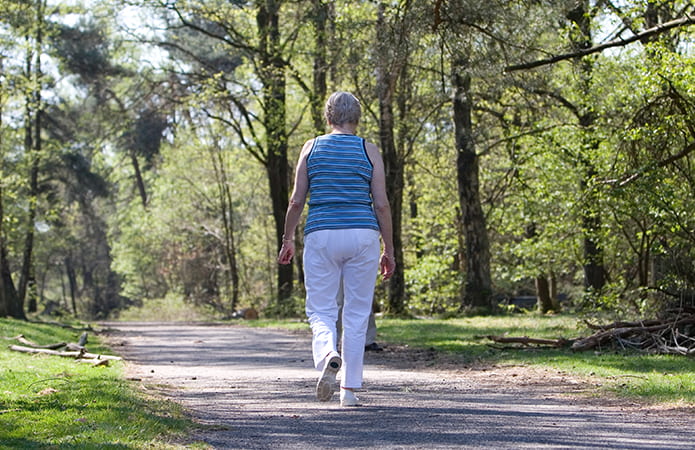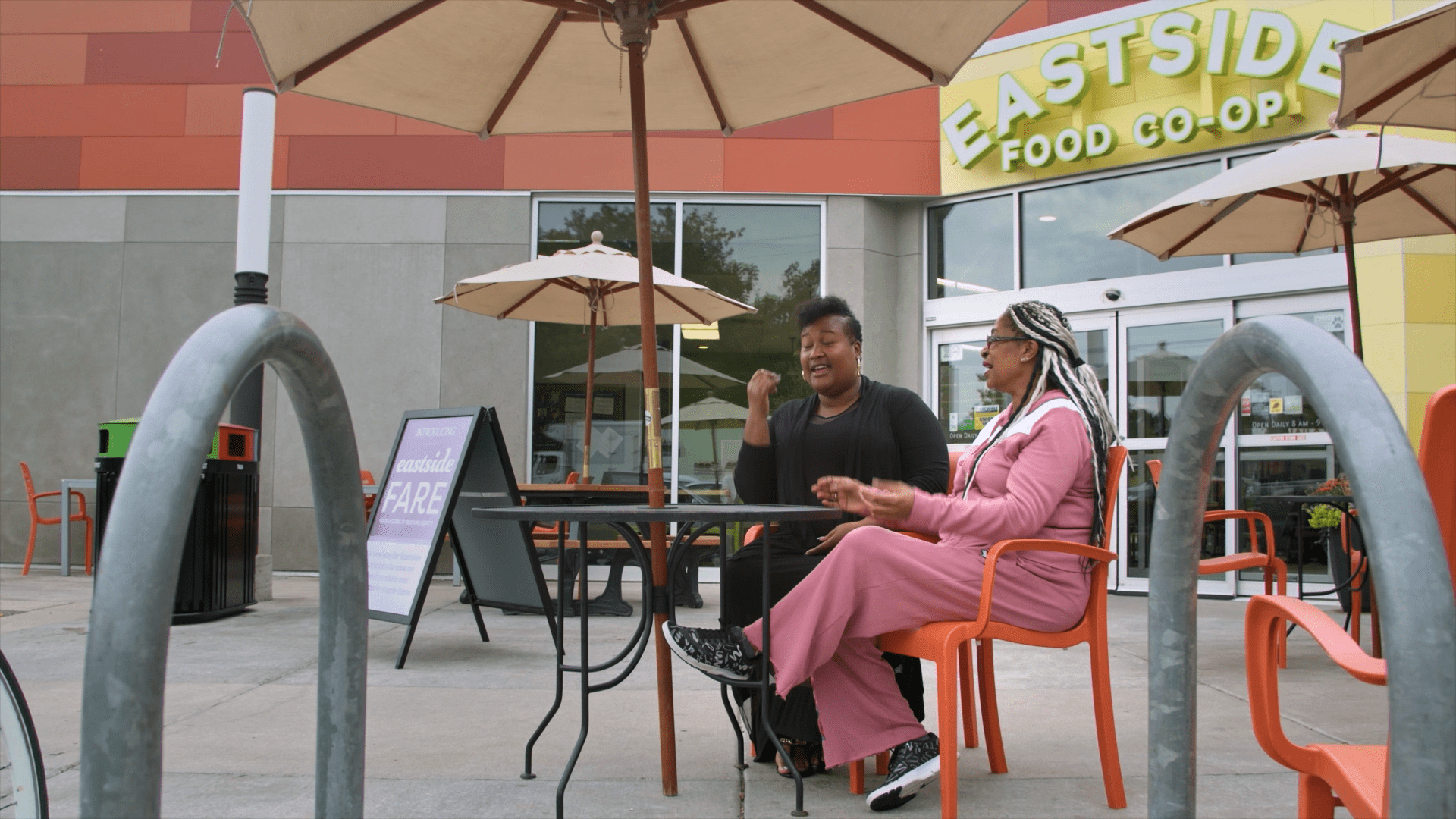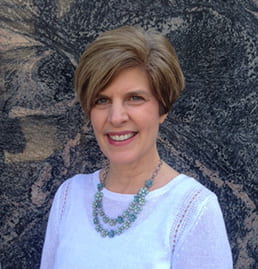Minneapolis Health Department — Minneapolis, MN
IMPROVING DIABETES CARE FOR UNDERSERVED COMMUNITIES IN MINNEAPOLIS, MN
The Minneapolis Health Department aims to enhance the delivery of diabetes care and increase patient engagement among low-income African Americans, Native Americans and Latinos with diabetes who are at high risk for diabetes-related complications.
The program offers home visits and utilizes digital technology to better coordinate care for vulnerable populations. The Health Department also integrates CHWs into care teams to educate people with diabetes about self-management of the disease and link them to community resources for healthy food, physical activity, and self-management support.

STRENGTHEN PRIMARY CARE & BUILD SUSTAINABLE PARTNERSHIPS
OUR INTERVENTION APPROACH

Increase the percentage of patients receiving key components of optimal diabetes care in up to five FQHCs
- Implement clinic-specific initiatives to improve diabetes care within clinics through team-based care, improved patient engagement, care coordination, and use of data and health information technology (HIT) for population health management
Integrate community health workers into clinical care teams to support culturally appropriate patient education, system navigation, and care coordination
- Community health workers partner with patients to develop patient-driven goals; provide support; assist patients with socio-determinants of health such as employment, education, housing and insurance; and connect patients to resources
Implement population-level strategies to improve and increase access to healthy food, physical activity, and smoke-free living in communities near participating FQHCs
- Expand the Community-Driven Solutions model to include residents in creating vibrant and healthy communities through community-defined projects
Develop clinic-specific and collaborative initiatives to improve clinic-community organization partnerships to help patients address social determinants of health
- Facilitate referral “pipelines” between FQHCs and existing community-based programs and services that support patients with diabetes, including physical activity and diabetes education and support
- Implement food insecurity screening tool in clinics and connect patients to federal nutrition programs, referrals to immediate emergency food resources, and other local efforts to combat hunger
Systematically integrate diabetes care coordination and community health worker services into FQHCs in ways that are financially sustainable through payer reimbursement
- Address financial sustainability of effective care delivery models, community health worker services, and clinic-community partnership activities by improving billing practices and collaborating on policy changes to improve reimbursement


Minneapolis Health Department and local FQHCs are focused on supporting unmet medical and social needs:
- Minneapolis Health Department partners with a community-based organization, CHW Solutions, to pilot strategies to link FQHC patients with CHW services for diabetes self-management support, social needs screening, and navigation to community resources.
- Neighborhood HealthSource integrates grocery store tours and medical nutritional therapy into diabetes care.
- Southside Community Health Services provides culturally and linguistically tailored diabetes care.
- Native American Community Clinic delivers culturally tailored diabetes care that honors ways in which Native Americans have a broader understanding of “health” than is common among majority white culture. Spiritual care and traditional native medicines are now integrated with NACC’s existing medical, substance abuse, and behavioral health programs.

Lara Pratt, MPH
Manager, Minneapolis Healthy Living Initiative
Minneapolis Health Department
Lara Pratt is passionate about leveraging people, organizations, opportunities, and funding to address community health. For the past decade, she has led the Minneapolis Health Department’s Healthy Living Initiative—a comprehensive, multi-million dollar endeavor to increase healthy eating and opportunities for physical activity and smoke-free living. The ten-person team’s most recent accomplishments include passage of the nation’s first staple foods ordinance; successful integration of community health workers in public housing buildings; and passage of Minneapolis ordinances that increased the price of cigar products and greatly reduced the availability of menthol and other flavored tobacco products. Ms. Pratt has worked with the City of Minneapolis for 12 years. Her 24-year public health career also includes injury prevention and consulting. She holds a master’s degree in public health from the University of North Carolina–Chapel Hill and a bachelor’s degree from Carleton College.

Copyright © 2021 — The University of Chicago
